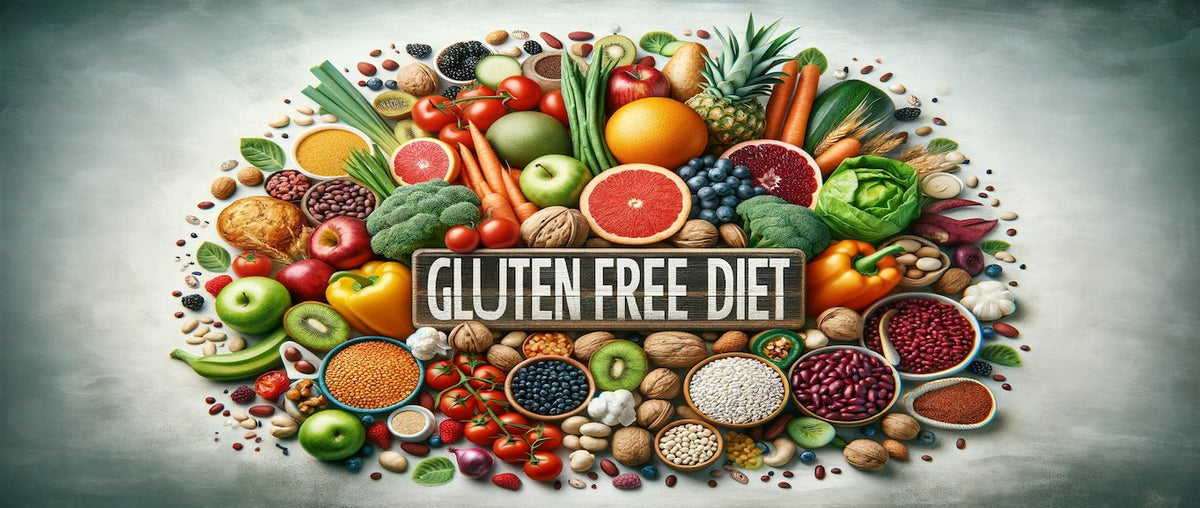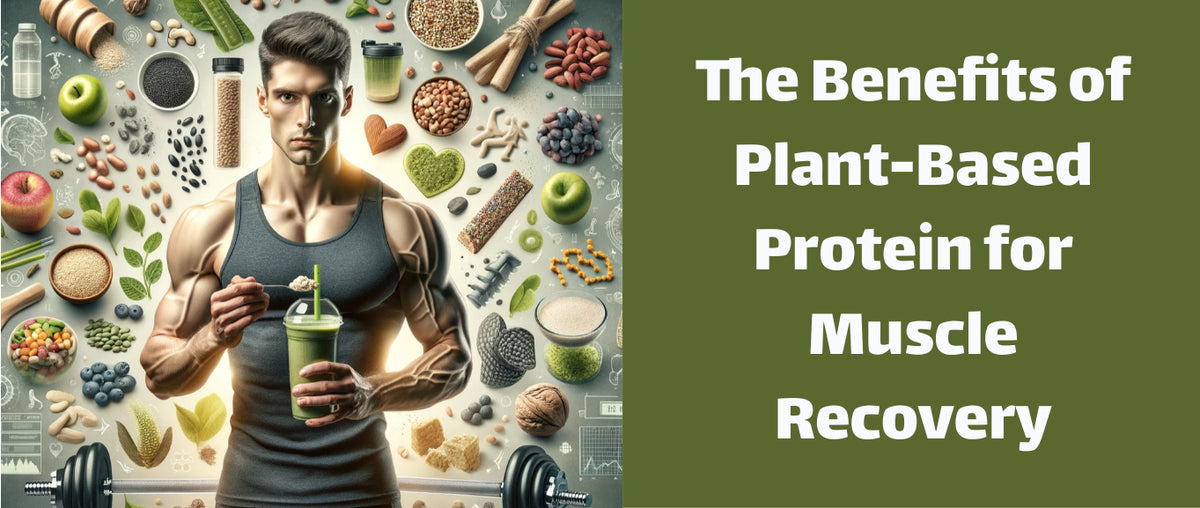Sustainable Vegan Eating Habits
Veganism represents not just a dietary choice, but a lifestyle commitment to plant based foods and sustainability. It's a conscious decision to abstain from animal products for health, ethical, and environmental reasons. In recent years, the shift towards veganism has been remarkable, with an increasing number of people opting for Vegan products like Vegan Cheese, vegan butter , and plant based cheese.
Key Takeaways
- Vegan diets are rich in nutrients and low in saturated fats.
- Shifting to plant based eating reduces environmental impacts.
- Vegan food products, including cholesterol-free foods and fat free butter, offer healthier alternatives.
- Recognizing the ethical and environmental implications of veganism.
- Sustainable vegan habits contribute to a greener planet.
What is Veganism?
Veganism is a lifestyle choice that excludes all forms of animal exploitation and cruelty, whether for food, clothing, or any other purpose. It involves a diet free from animal products such as meat, dairy, and eggs. Instead, vegans focus on plant based products like Cashew Butter, vegan mayo, and vegan cheese.
The philosophy behind veganism goes beyond just diet. It's a commitment to ethical principles that advocate for animal rights and environmental conservation. This lifestyle choice is not just about what's on your plate but also about the impact of your choices on the planet.
Principles of Veganism
- Ethical Considerations: Vegans oppose animal cruelty and the exploitation of animals for any purpose. This ethical stance extends to all areas of life, not just diet.
- Health Benefits: A vegan diet is rich in essential nutrients and free from animal fats and cholesterol, promoting better health and lower risks of chronic diseases.
- Environmental Sustainability: Veganism supports environmental conservation by reducing the demand for resource-intensive animal farming, thus lessening the ecological footprint.
Environmental Benefits
- Reduced Carbon Footprint: Animal agriculture is a significant contributor to greenhouse gas emissions. By choosing vegan food products, one can significantly reduce their carbon footprint.
- Conservation of Water and Land: Animal farming is resource-intensive, consuming vast amounts of water and land. Switching to plant based products conserves these critical resources.
- Biodiversity Preservation: Livestock farming often leads to deforestation and habitat loss. A vegan diet supports biodiversity by reducing the demand for animal-based agriculture.

Vegan Diet Composition
- Fruits and Vegetables: A staple in vegan diets, providing vitamins, minerals, and fiber.
- Legumes: Beans, lentils, and chickpeas are excellent protein sources.
- Nuts and Seeds: Including cashew butter and almond milk, they offer healthy fats and proteins.
- Whole Grains: Source of complex carbohydrates and fiber.
- Vegan Alternatives: Such as plant based cheese, vegan butter, and vegan mayo, these products mimic the taste and texture of their animal-based counterparts.
Benefits of Veganism
Health Benefits
- Reducing the Risk of Chronic Diseases: Studies show that vegan diets are effective in lowering the risk of heart disease, diabetes, and certain types of cancer.
- Weight Management: Vegan diets are typically lower in calories and help in maintaining a healthy weight.
- Improved Digestion: High fiber content in plant based foods enhances digestive health.
Vegan Diet and Environmental Sustainability
How is a Vegan Diet Better for the Planet?
Adopting a vegan diet has a profound positive impact on the planet. It's a powerful way to combat climate change, conserve resources, and reduce pollution.
- Lower Greenhouse Gas Emissions: Livestock farming is a major contributor to greenhouse gases. By choosing plant based foods, such as vegan cheese and vegan butter, you significantly reduce your carbon footprint.
- Conservation of Water: Animal agriculture requires large amounts of water. A shift to plant based products like cashew butter and vegan mayo can drastically reduce water usage.
- Efficient Land Use: Meat production uses more land compared to plant farming. Vegan diets make more efficient use of agricultural land, helping to preserve natural habitats.
Is Veganism Sustainable?
While veganism is generally more sustainable than diets that include animal products, there are challenges to consider:
- Dependency on Certain Crops: Some vegan diets rely heavily on resource-intensive crops like almonds and avocados. It's important to choose a variety of plant based foods to minimize environmental impact.
- Transportation and Processing: The environmental benefits of veganism can be diminished by long-distance transportation and processing of vegan food products. Choosing local and minimally processed foods can mitigate this.
Palm Oil and Environmental Concerns
Palm oil is a common ingredient in many vegan products, but its production is associated with significant environmental concerns.
- Deforestation: Palm oil plantations are a leading cause of deforestation in tropical regions, impacting wildlife and contributing to climate change.
- Biodiversity Loss: The expansion of palm oil plantations threatens the habitat of endangered species.
- Alternative Solutions: Opting for vegan products without palm oil, or those using sustainably sourced palm oil, can help reduce environmental damage.
Vegan Alternatives to Palm Oil
- Fats and Oils: Fat-free butter, coconut oil, and cashew butter can be used as alternatives to palm oil in vegan cooking and baking.
- Processed Foods: Checking labels and choosing vegan food products that are palm oil-free or use certified sustainable palm oil is crucial.
Also Read
Why People Choose Veganism
The reasons for choosing a vegan lifestyle are diverse, ranging from personal health to ethical and environmental concerns.
- Health Consciousness: Many people adopt veganism for its health benefits, including reduced risk of chronic diseases and better weight management.
- Ethical Considerations: Concerns about animal welfare and opposition to animal cruelty drive many towards veganism.
- Environmental Awareness: Understanding the environmental impact of animal agriculture leads many to choose plant based foods.

Cultural Influence on Veganism
- Global Trends: The rise in veganism is influenced by global trends in health, sustainability, and ethics.
- Community Support: Online communities, vegan shops, and local groups provide support and resources for those transitioning to veganism.
The Global Impact of Veganism
What Would Happen if Everyone Went Vegan?
If the global population adopted a vegan diet, the impact would be significant:
- Dramatic Reduction in Carbon Emissions: A worldwide shift to vegan diets could drastically lower greenhouse gas emissions.
- Conservation of Natural Resources: Large-scale adoption of plant based eating would lead to more efficient use of water and land.
- Improvement in Global Health: A global vegan diet could lead to a reduction in the prevalence of chronic diseases, improving overall public health.
How Does Veganism Help the Environment?
The environmental benefits of veganism are wide-ranging:
- Climate Change Mitigation: Vegan diets are one of the most effective ways individuals can reduce their environmental impact.
- Preservation of Ecosystems: By reducing the demand for animal agriculture, veganism helps preserve natural habitats and biodiversity.
Sustainable Vegan Eating in Practice
Local and Organic Vegan Choices
Choosing local and organic plant based foods not only supports sustainable agriculture but also reduces the environmental impact of transportation and processing.
- Local Produce: Buying locally grown fruits and vegetables reduces carbon emissions from transportation.
- Organic Farming: Organic farming practices promote soil health and reduce pesticide use. Products like organic vegan cheese and organic plant based cheese are eco-friendly choices.
Reducing Food Waste
Minimizing food waste is a key aspect of sustainable vegan living.
- Meal Planning: Plan meals to use all purchased ingredients, reducing waste.
- Composting: Compost fruit and vegetable scraps to create nutrient-rich soil for gardens.
Community and Culture
Veganism in Different Cultures
Veganism is not a one-size-fits-all lifestyle. It can be adapted to fit various cultural cuisines and traditions.
- Cultural Adaptation: Integrating vegan alternatives like vegan butter and vegan mayo into traditional dishes.
- Celebrating Diversity: Vegan cuisine is diverse, ranging from Indian curries to Mediterranean salads.

Community Support and Resources
Support from vegan communities is crucial in maintaining a sustainable vegan lifestyle.
- Online Forums and Groups: Online communities provide a platform for sharing recipes, tips, and support.
- Local Vegan Shops: Support local vegan shops that offer a variety of vegan food products.
Conclusion
Embracing sustainable vegan eating habits offers numerous benefits for health, animal welfare, and the environment. By choosing vegan products like vegan cheese, plant based cheese, and fat-free butter, individuals can make a significant positive impact. It's about making informed, ethical choices that align with a commitment to sustainability and compassion.
- Making a Difference: Each individual's choice to adopt a vegan diet contributes to a larger, global effort towards sustainability and environmental conservation.
- Continuous Journey: Transitioning to a vegan lifestyle is a journey of exploration, learning, and adaptation.
Do you enjoy vegan food? We have a list of vegan restaurants in India to help you find delicious options in your area!










